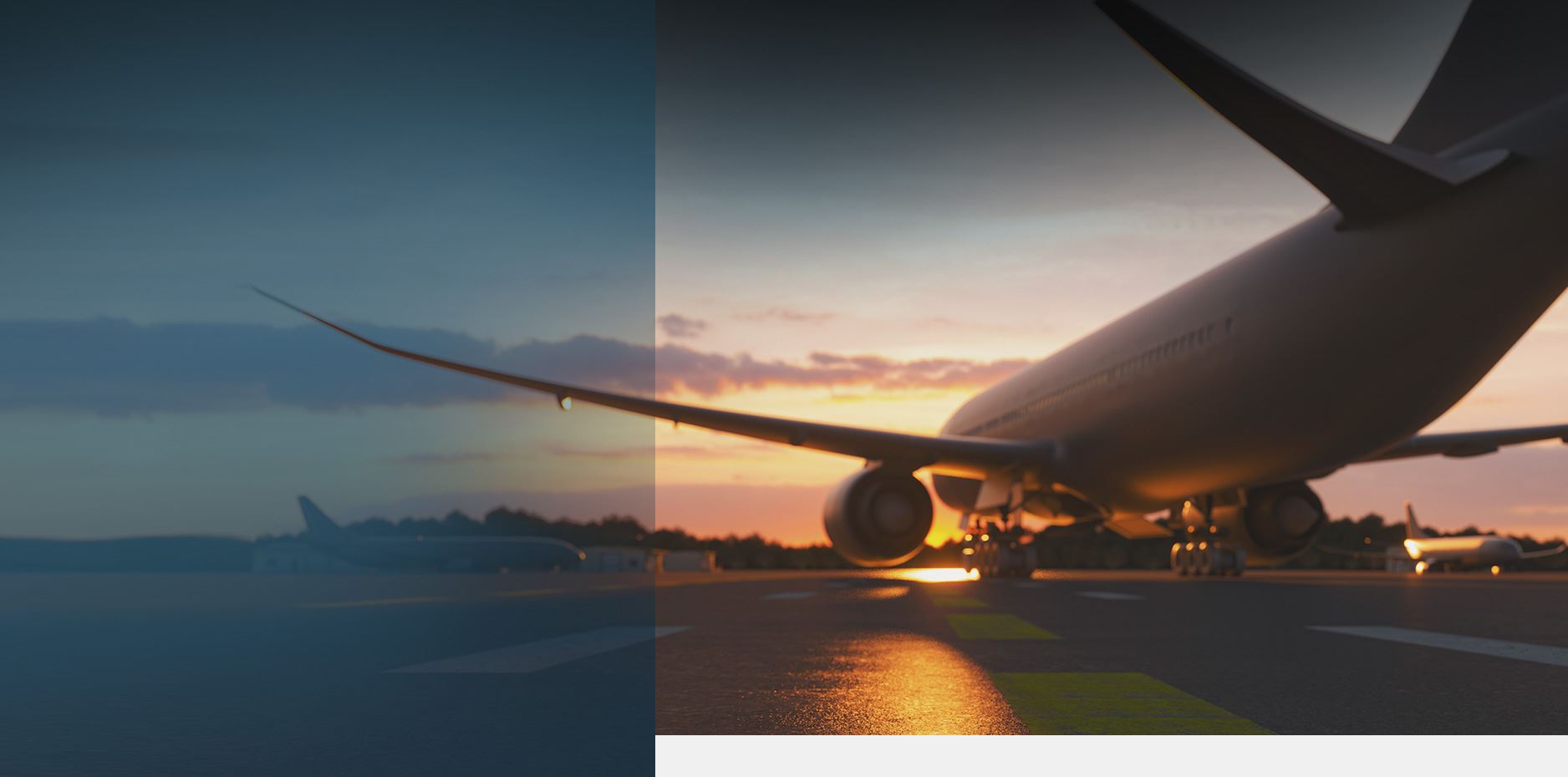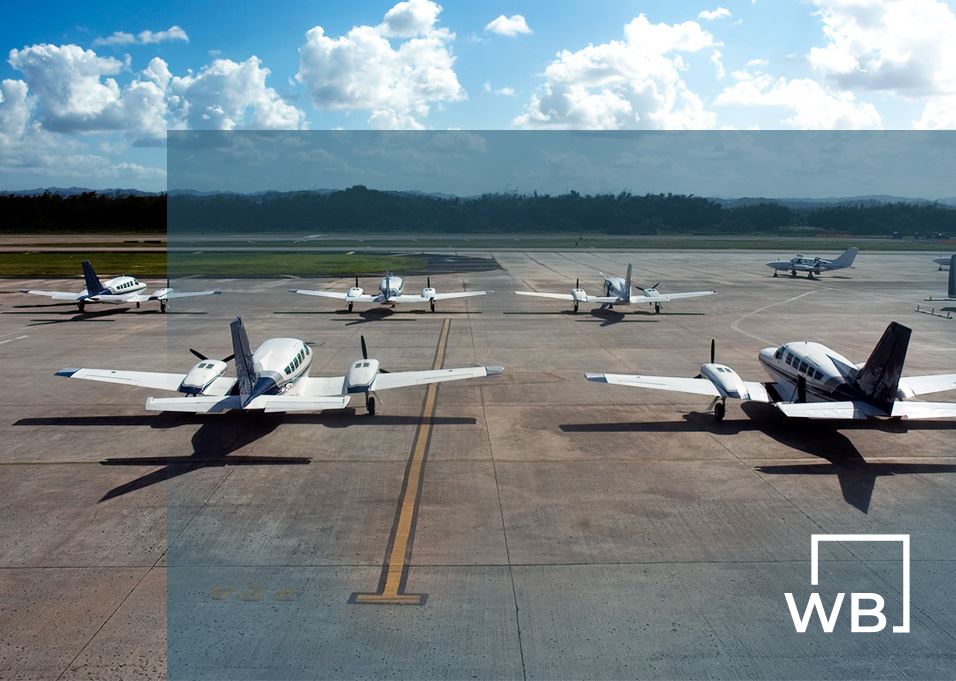
NTSB: What is it? How Does it Function?
The National Transportation Safety Board (NTSB) is “an independent federal agency charged by Congress with investigating every civil aviation accident in the U.S. and significant accidents in other modes of transportation–railroad, highway, marine and pipeline. The NTSB determines the probable cause of each accident investigated and issues safety recommendations aimed at preventing future accidents.”
NTSB Accident Reports
The NTSB website states: “Accident Reports are one of the main products of an NTSB investigation. Reports provide details about the accident, analysis of the factual data, conclusions and the probable cause of the accident, and the related safety recommendations. Most reports focus on a single accident, though the NTSB also produces reports addressing issues common to a set of similar accidents.”
Preliminary – Within a few days of an accident, the NTSB issues a “Preliminary” report which is based on the preliminary accident report and includes a synopsis of the data that is known at the time of the crash and which is subject to change.
Factual – A “Factual” report is a final description of the accident, following months of investigation, and replaces the Preliminary report. The Factual report contains a final and full narrative description of the accident and its probable cause.
Probable Cause – This is the part of the final report that contains the NTSB’s official determination of the probable cause(s) of the accident.
NTSB Investigations
In a commercial airline accident, the NTSB will immediately send out a “Go Team” which is a team that rotates a duty roster to be on call to go at a moment’s notice wherever they are needed. The investigators carry the tools of their trade with them: “carefully selected wrenches, screwdrivers and devices peculiar to their specialty. They all carry flashlights, tape recorders, cameras,” etc.
Each member of the Go Team has a specialty which may include: Operations (flight history and crew); Structures (wreckage and scene); Powerplants (engines and propellers); Systems (aircraft components, hydraulic, electrical, etc.); Air Traffic Control; Weather; Human Performance; and Survival Factors.
Each part of the team gathers data and collects evidence on every factor involved in the crash. They will investigate the crash at the site, looking at the functioning of the aircraft as the accident occurred. They interview the crew and survivors and any witnesses. They will also collect any documentation from the airport towers, other entities in radio contact prior to the crash, and will gather any photographic or video of the incident, before or after, whether from airport cameras or witnesses’ cell phones.
After the onsite documentation and investigation is complete, the NTSB will collect every component piece from the crash scene. Parts of the airplane may be taken to various labs or facilities to further tear down and analyze the functioning of components such as the engines. In some instances, they will reconstruct the aircraft in a warehouse location to further analyze the performance and destruction of the various parts of the vehicle.
Black Boxes
A vital part of the data collection procedure is to secure the “black boxes” (actually orange in color) and send them to a lab to retrieve the data from them. In an aircraft crash such as the Asiana 214 Boeing 777 SFO crash, there were three such recorders.
- A Cockpit Voice Recorder records the sounds inside the cockpit. Any conversations, orders, radio transmissions and any ambient noises such as system alarms are all recorded. The tapes of the Flight Voice Recorder are privileged and confidential by law and will not be released to the public.
- The Flight Data Recorder records electronically all computerized systems within the airplane. The Boeing 777’s flight recorder captured data from “1400 different parameters that are measured by the recorder.” A “parameter” is a factor that can have a variable value such as the speed of an engine, the pressure in a hydraulic system, etc. These measurements are taken and recorded at specific time intervals such as every 3 seconds. It captures switch positions, warning alarms, and many other types of data.
- The 777 also has another recorder called a Quick Access Recorder, which provides quick and easy access to in-flight data.
The Party System
The NTSB investigates an average of about 2,000 aviation incidents, per year, plus other types of transportation accidents such as railroads, highway, marine and pipeline. To handle the vast amount of work these investigations entail, the NTSB uses a “Party System” to delegate its responsibilities. This means that the NTSB designates other organizations or corporations as “parties” to the investigation. The parties so designated must be experts in their fields. The Federal Aviation Administration (FAA) is automatically a party to the investigation. These parties function as aids to the NTSB with their technical or special expertise. No legal firm or person is allowed to be designated as a party. All parties report directly to the NTSB which verifies the accuracy of the reports. Each NTSB investigative group chairman prepares a factual report which is placed into the record of the investigation.
Other NTSB Functions
The NTSB also serves, under the Aviation Disaster Family Assistance Act (or other such legislation for railroad accidents, etc.), to give help and aid to the survivors or the families of the decedents of a crash. They coordinate with local agencies such as the Red Cross, the Coroner’s Office and the airline carrier to see that the survivors and families are taken care of in the aftermath of an accident.
Final Report
The analysis of a crash is a slow and painstaking process of reconstructing what occurred that caused the incident. It involves many experts in many fields and many man hours of investigation. The process can take many months and sometimes years, to complete. But in the end, the data will emerge to give the Probable Cause of the crash: whether mechanical or human error; whether design flaws or structural failures; whether environmental or atmospheric interference. The data learned from these crashes and safety studies are then published as NTSB Safety Recommendations and sent to the organizations best able to address the safety issue. The data learned may also be used to design better aircraft or aircraft support systems. The goal is safer flying for us all.

OVER $4 billion
in verdicts & Settlements
Our top priority is to devise customized legal strategies that are tailored to the unique legal needs of our clients, no matter how simple or complicated their situations, might be.
-
$10 Million Settlement A Major Foreign Plane Crash
Wisner Baum obtained a $10 million settlement for the death of a passenger in a major foreign plane crash.
-
$14 Million Settlement A Major US Plane Crash
Wisner Baum obtained a $14 million settlement for the death of a passenger in a major US plane crash.
-
$17.5 Million Settlement A Major US Plane Crash
Wisner Baum obtained a $17.5 million settlement on behalf of a client who was killed in a major U.S. plane crash.
-
$10 Million Settlement Celexa-Lexapro Pediatric Class Action
$10 million pediatric class action re false promotion of Celexa and Lexapro. Babies born to women who have used Lexapro and other similar medications such as Zoloft, Celexa, Prozac, Paxil, and Symbyax are at an increased risk for birth defects.
-
$8.5 Million Verdict Commercial Truck Accident
Wisner Baum secured a $8.5 million wrongful death verdict against the food industry company, Tyson Foods, for the wrongful death of a young man.

Our Case Results

-
$265 Million Settlement Fatal Train Crash
In 2016, Wisner Baum attorney Timothy A. Loranger and six other attorneys in the Plaintiffs’ Management Committee were able to secure a $265 million settlement for victims of the 2015 Amtrak 188 derailment in Philadelphia, one of the largest in the U.S. for 2016.
-
$14 Million Settlement A Major US Plane Crash
Wisner Baum obtained a $14 million settlement for the death of a passenger in a major US plane crash.
-
$12 Million Settlement Helicopter Crash
Wisner Baum secured a $12 million settlement for a passenger who was injured in a helicopter crash.
-
$10 Million Settlement A Major Foreign Plane Crash
Wisner Baum obtained a $10 million settlement for the death of a passenger in a major foreign plane crash.
-
$2.0 Billion Verdict Personal Injury
In May of 2019, the jury in the case of Pilliod et al. v, Monsanto Company ordered the agrochemical giant to pay $2.055 billion in damages to the plaintiffs, Alva and Alberta Pilliod, a Bay Area couple in their 70s.
-
$80 Million Verdict Personal Injury
Wisner Baum attorneys served on the trial team in the case of Hardeman v. Monsanto Company, which resulted in an $80 million jury verdict for the plaintiff, Edwin Hardeman.

Client-Focused Representation
REVIEWS & TESTIMONIALS
We believe our track record speaks for itself. But you don’t have to take our word for it. See what our clients have to say about working with us.
-
"I Can’t Imagine a Better Law Firm"
Multiple lawyers recommended Wisner Baum to me and I have been consistently impressed with the quality of their work.
- Best Law Firms Survey -
"They Are About Changing the Systems..."
Wisner Baum are not only amazing attorneys but more importantly, they are activists. They are about changing the systems which got us into trouble in the first place. They understand their role in the process of making change.
- Kim Witczak -
"Top Legal Minds in the Country"
The Wisner Baum firm has some of the top legal minds in the country; they are driven, determined, trustworthy, ethical and passionate.
- From Best Lawyers® Best Law Firms





